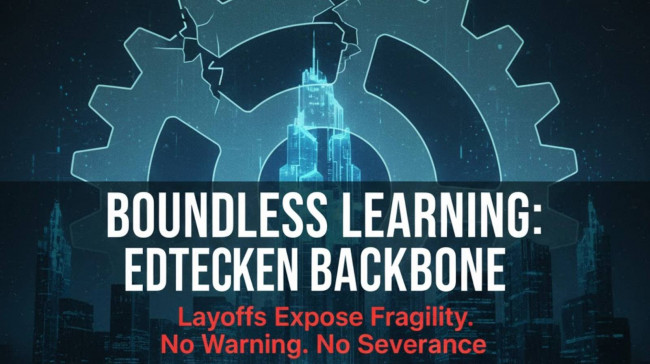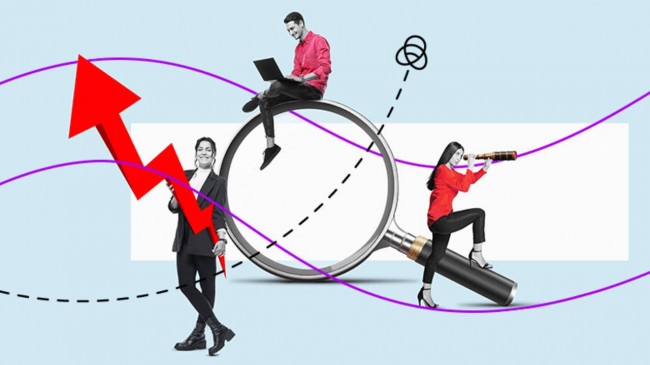Introduction
Everywhere you look lately, someone’s either praising or panicking about how artificial intelligence is changing writing. From blog posts to movie scripts, AI seems to be everywhere, whispering digital sentences faster than any of us can. But does that mean it can truly replace human writers?
Let’s pause the hype for a moment and unpack the real story of what AI can do, what it can’t, and why there’s still a heartbeat in every sentence written by a human.
The Allure of AI Writing Tools
AI writer tools feel like magic at first glance. You type a few words, and ta-da! A full draft appears in seconds. They know grammar, tone, and structure, and can mimic styles nearly perfectly. For content creators or businesses chasing deadlines, this sounds heavenly.
AI is built to learn from millions of written examples. It predicts patterns, identifies emotions, and recycles ideas into something that looks coherent. But here’s the catch, it’s imitation, not imagination.
Where Humans Still Shine
A poem about heartbreak. A letter of resignation. A story that makes you weep for a fictional dog. There are depths of emotion, nuance, and lived experience behind every good piece of writing that machines can’t quite capture.
Humans don’t just write, they feel and reflect. We inject personal context, humor that’s slightly offbeat, and pauses that reveal vulnerability. That’s the stuff no amount of data can simulate perfectly. AI may sound like us, but it doesn’t understand us.
What AI Is Actually Good At
Let’s give credit where it’s due. AI shines in places where structure and repetition matter, such as product descriptions, reports, or brainstorming quick ideas. It can help break writer’s block or polish grammar faster than a human editor ever could.
In other words, AI is a brilliant assistant, not a replacement. It’s the tool in your digital pen, not the hand that writes with it.
The Fear vs. Reality Debate
Many writers worry that AI will take over creative jobs, and to an extent, that concern isn’t unfounded. Certain industries are already using AI to cut costs. But if you look closely, most of those outputs still go through human editing, rewriting, and emotional rebalancing.
The truth is, AI can automate routine writing, but it struggles with meaning. It doesn’t wake up inspired by a song or a heartbreak. It doesn’t question the world around it or feel imposter syndrome when writing about it, and that’s exactly why humans will always matter in art, storytelling, and anything that demands soul.
The Future Looks Collaborative
Instead of “AI vs. writers,” the real future looks more like “AI and writers.” Imagine a tool that turns your raw voice notes into polished drafts, so you can focus on crafting the story. Or one that organizes your research while you play with ideas. That’s where writing is headed, collaboration, not competition.
Writers who learn to use these systems creatively will thrive. We’ll see fewer “prompt typists” and more “idea architects,” people who guide AI with empathy and intellect. And that’s a future worth writing about.
Final Thoughts
So, can AI really replace human writers? Not quite. It can assist, accelerate, even impress, but not replace. Writing isn’t only about words. It’s about thought, culture, and identity. AI might learn our syntax, but not our souls.
For every sentence AI generates, a human must still decide what matters, and that’s something no algorithm can replicate.











Comments